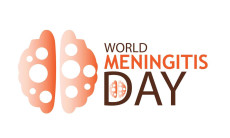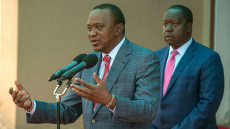- Corruption in Kenya has evolved into digital, media-savvy schemes, normalizing theft while independent journalists fight for accountability online.
The media, which was once a watchdog, is now compromised because political elites own most of the outlets and government organizations use paid influencers to stifle negative news.
Fake accounts, PR hashtags, and sponsored trends are used to manipulate the truth online, teaching young people that popularity is more important than morality.
However, there is still hope because independent bloggers, journalists, and groups like Africa Uncensored are fighting back with technology and data. Experts say that experts say that to fight digital corruption, Kenya must also embrace digital accountability starting with media regulation, protection for journalists, and public media literacy.
In Kenya today, corruption is no longer whispered in back rooms or scribbled on brown envelopes. It is tweeted, shared, sponsored, and sanitized in full view of the public. This is not the corruption of the past. It is smart, shiny, digital and dangerously normalized.
Welcome to the age of new corruption.
Read More
Today’s corruption operates with the finesse of a tech startup. Fake procurement deals are processed through digital platforms. Bribes are masked as consultancy fees and moved via fintech apps. Ghost projects have websites, logos, and influencer endorsements.
Journalists have historically played a critical role in exposing corruption in Kenya. But in the new digital battlefield, the media is caught in a dangerous bind.
Still, hope is not lost. Independent bloggers, data journalists, and whistleblowers are using the same tools to expose the rot.
Truth-tellers in the online era may also benefit from new laws like the Whistleblower Protection Bill, which is currently pending full implementation.
However, experts agree that more work must be done. If the nation is to combat this tech-fuelled corruption, it is imperative that paid political content be regulated, investigative journalists be given more protection, and the public be educated about media manipulation.
Because if corruption has gone digital, then accountability must too. Kenya doesn’t just need better leaders. It needs better truth-telling systems. And in this new age, that battle begins not in court, but online.





-1759480422-md.jpg)





-1759480422-sm.jpg)
